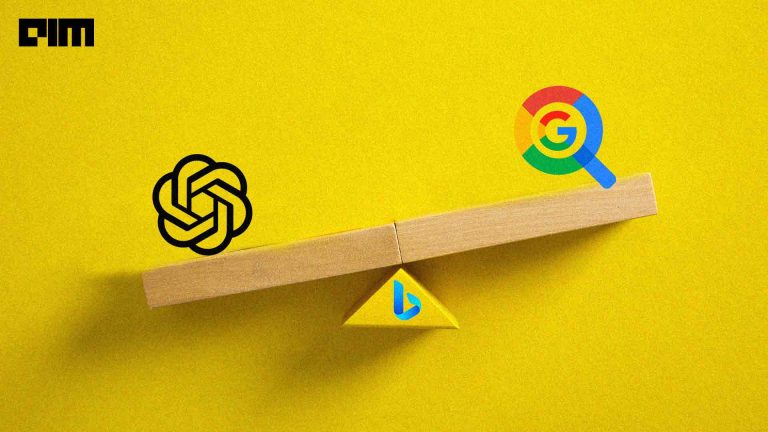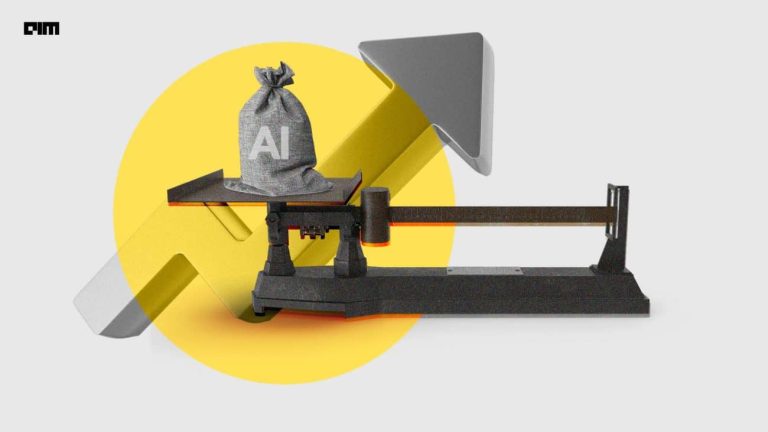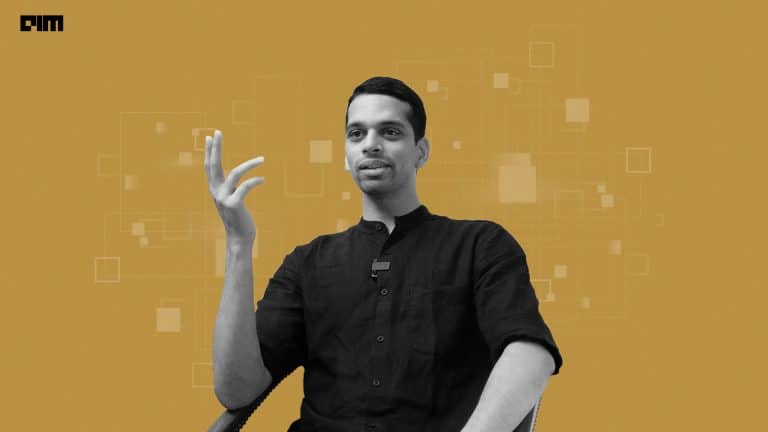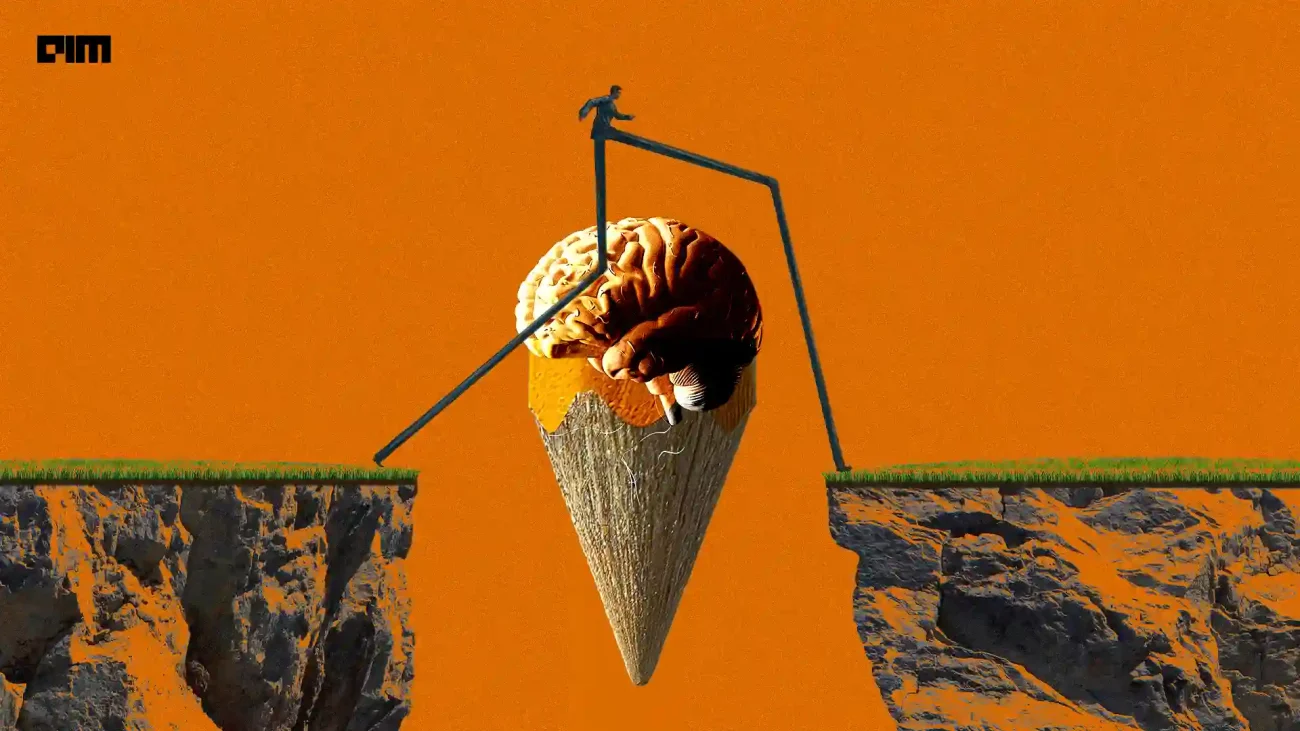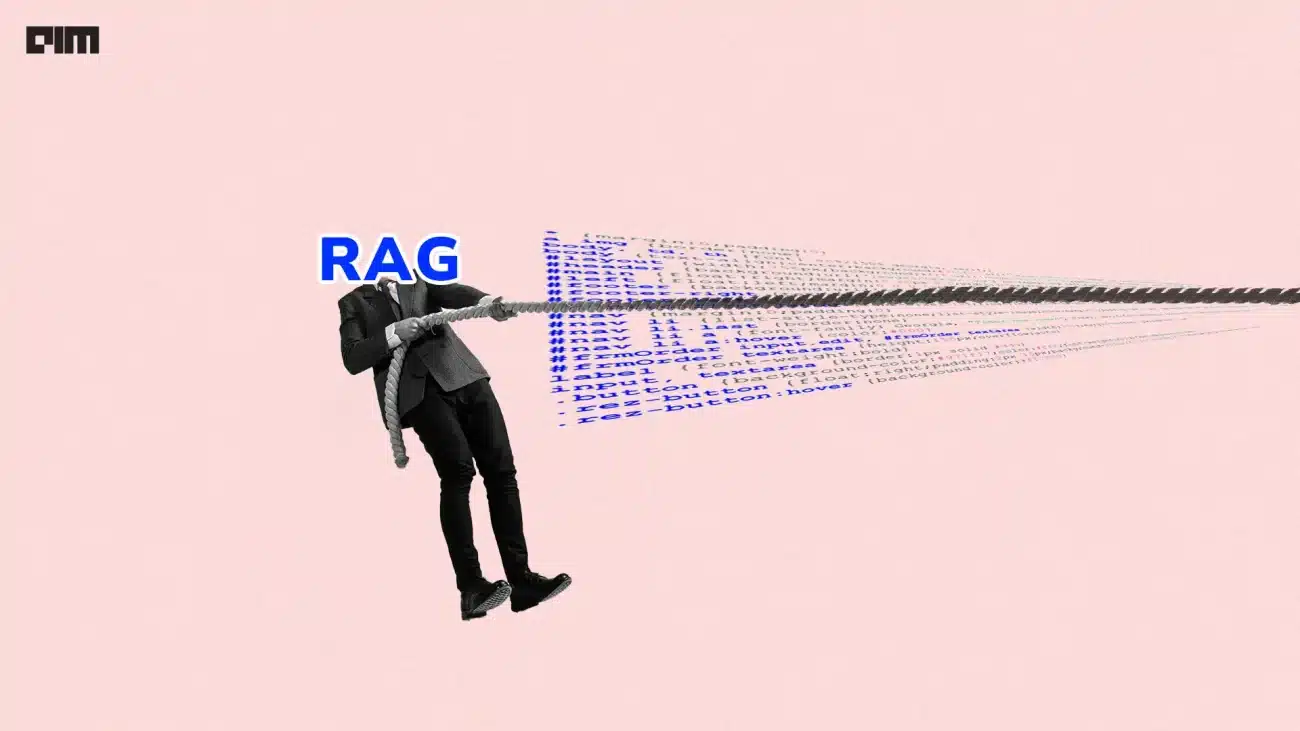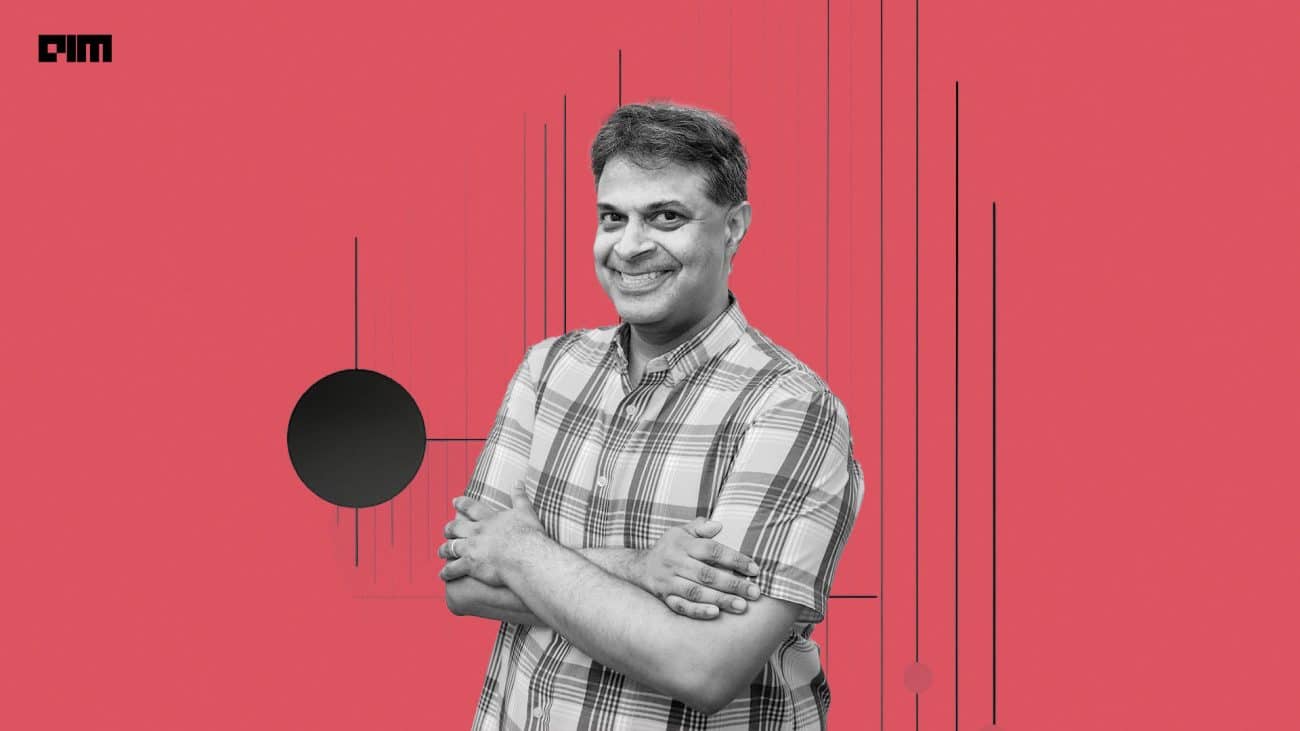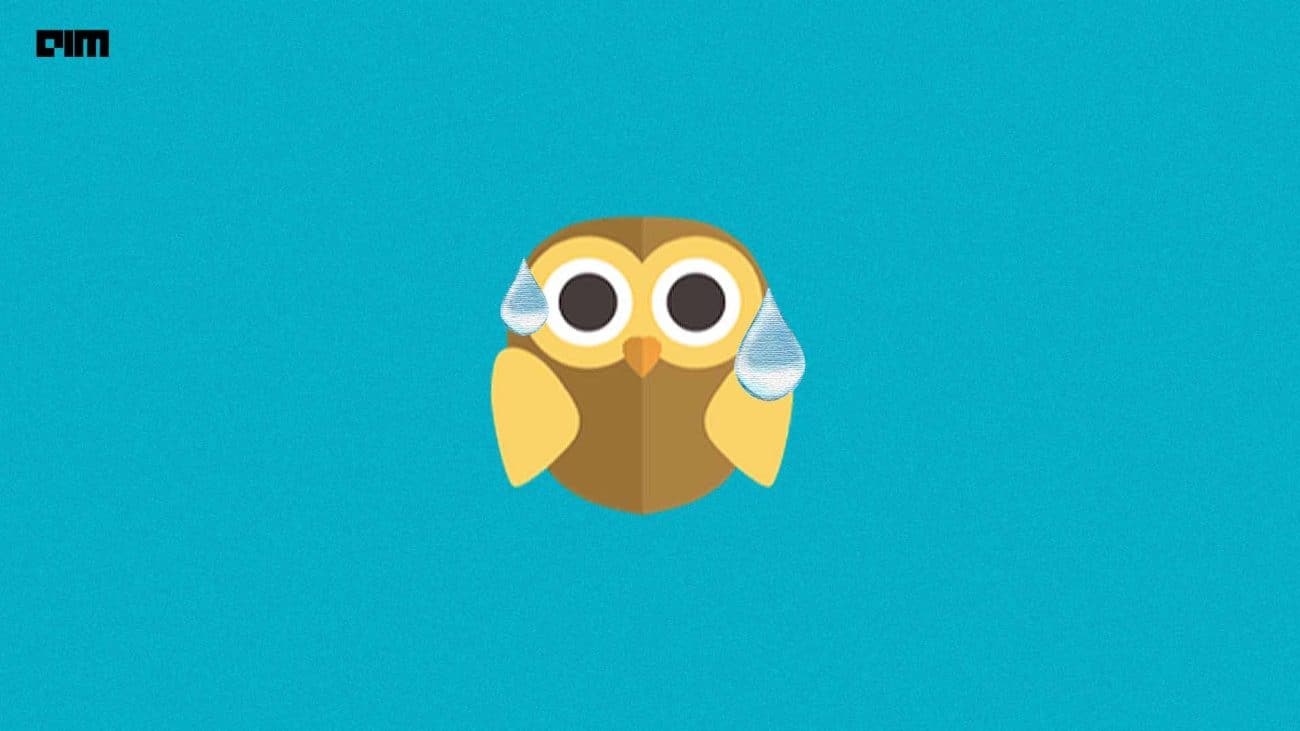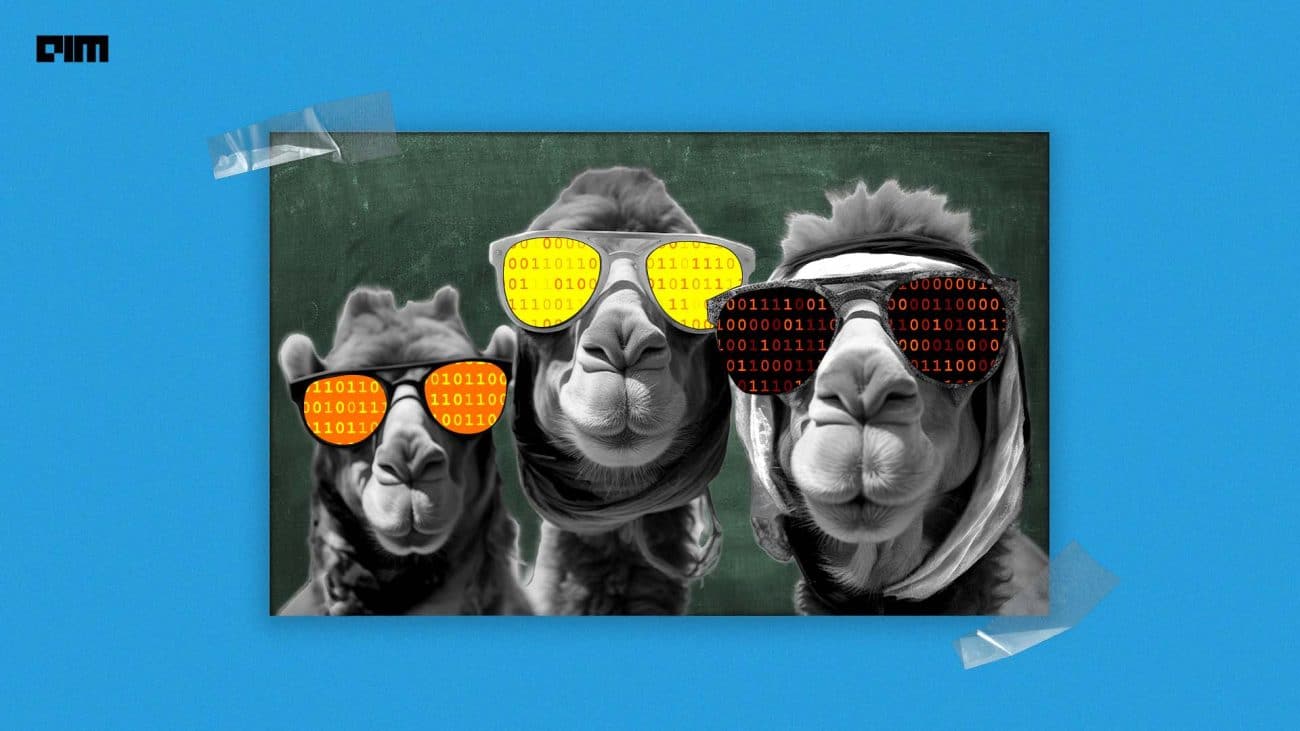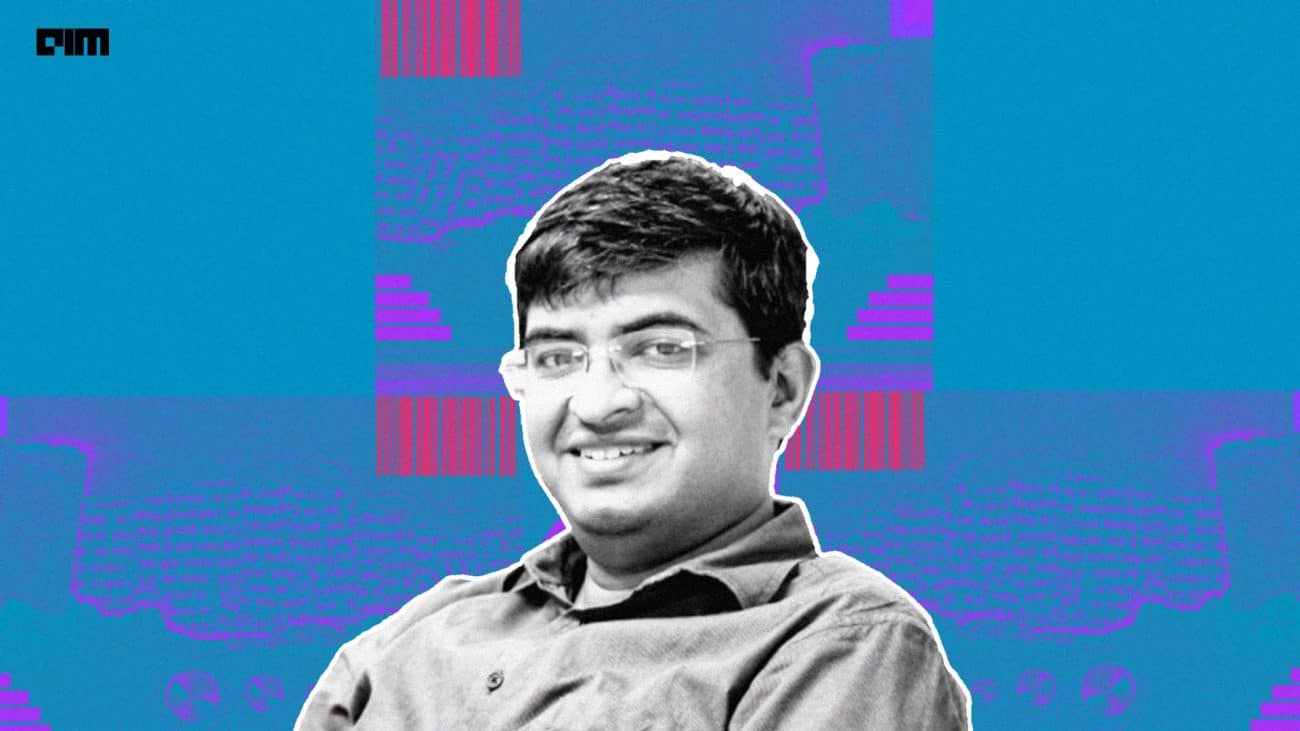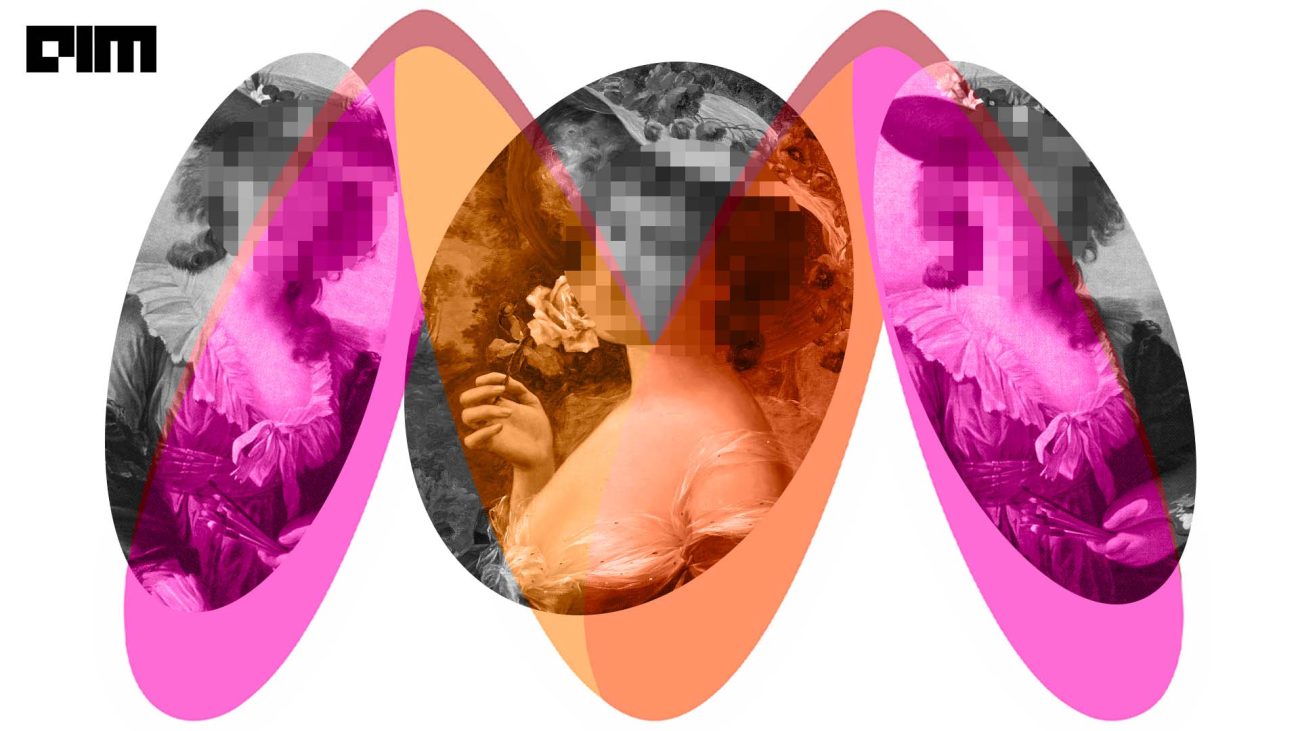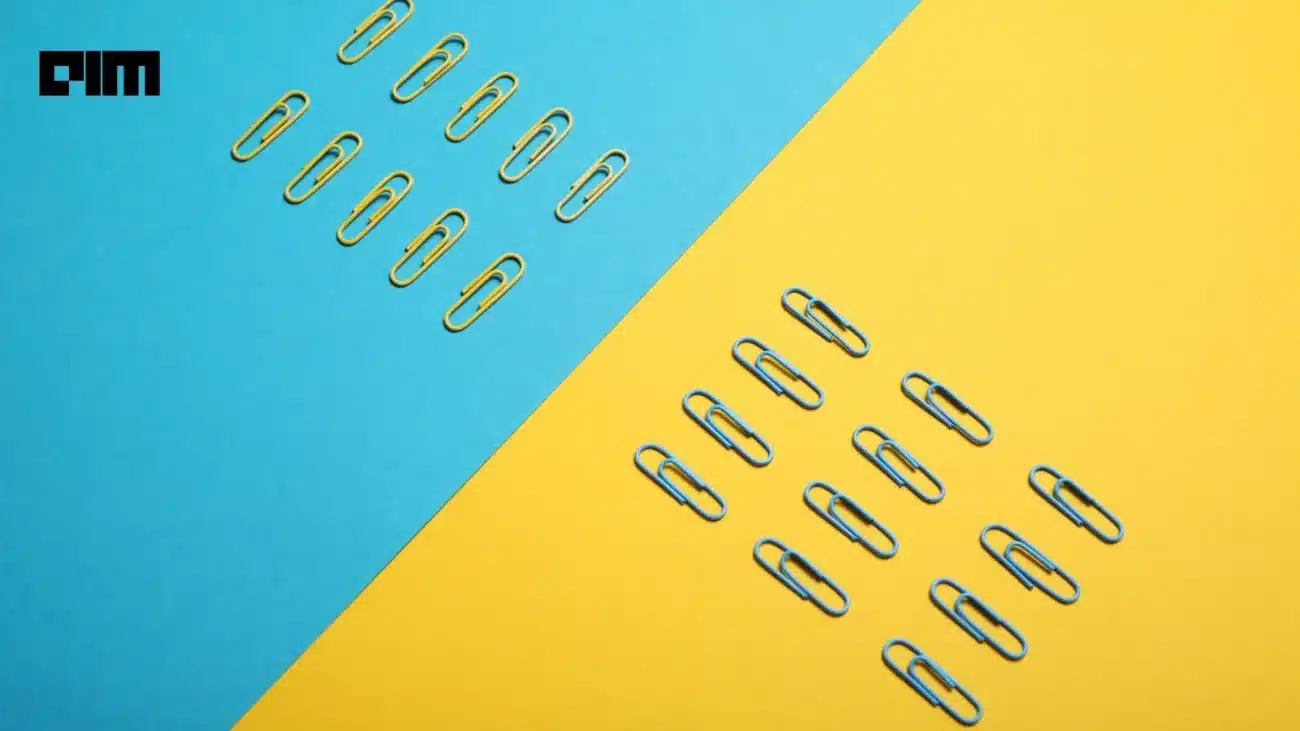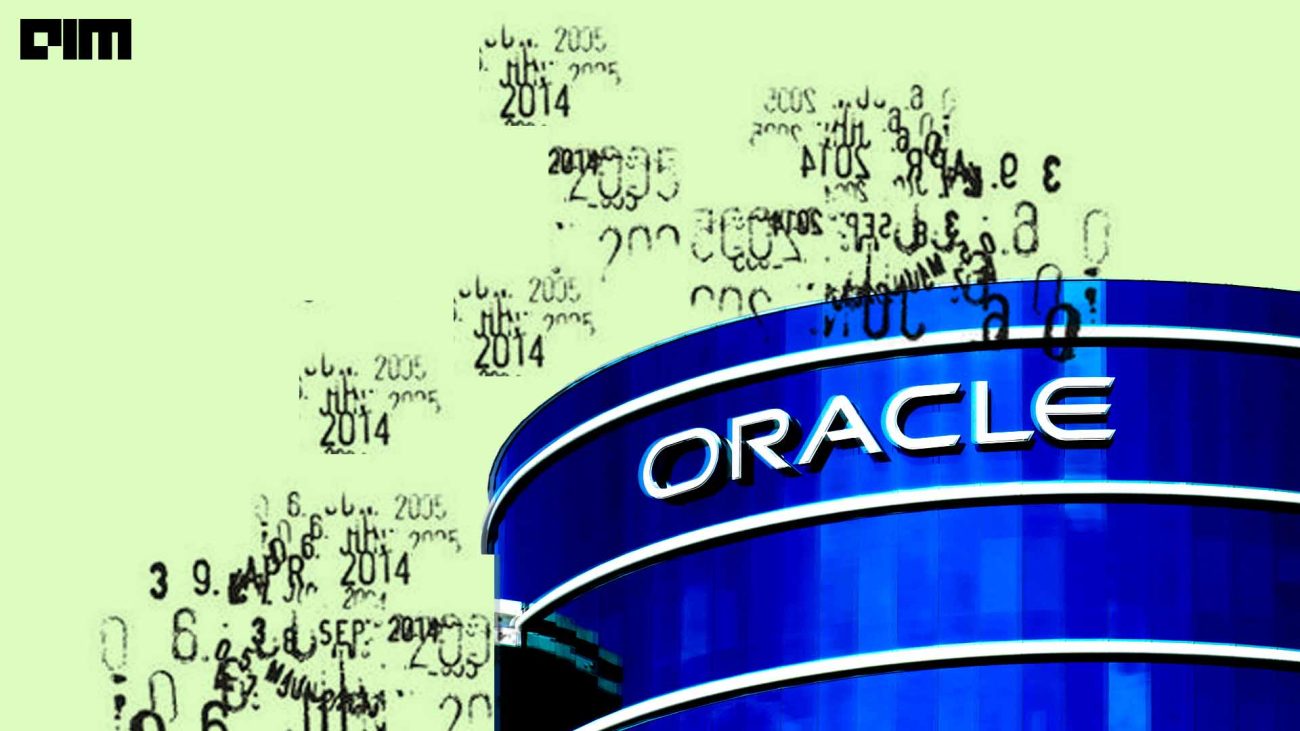|
Listen to this story
|
Madurai-born Google and Alphabet chief executive officer Sundar Pichai met Prime Minister Narendra Modi in Delhi, following the “Google for India” 2022 event. Three years since he last visited, Pichai, who was awarded the Padma Bhushan earlier this month, took to Twitter to express how rapidly technology was boosting in India, and promised to support India’s G20 presidency to promote an open, connected internet for all. Pichai met Telecom and IT Minister Ashwini Vaishnaw and spoke at the event prior to meeting PM Modi.

In a blog post to kick off his trip to India, Pichai stated that he would discuss with PM Modi how Google is “supporting small businesses and startups, investing in cybersecurity, providing education and skills training, applying AI in sectors like agriculture and healthcare, and other priorities”. However, the company did not disclose what was discussed during the meeting.
Pichai also called on the recently-elected President Droupadi Murmu in Rashtrapati Bhavan. Following their meeting, President Murmu applauded Pichai as a representation of “Indian talent and wisdom” and encouraged him to push for widespread digital literacy in India.
Highlights of the Google for India 2022 event
While speaking at Google for India 2022 event, he said that $75 million of the India Digitisation Fund (IDF) will be invested in women-led startups. Google revealed plans to invest $10 billion in India over the next five to seven years in July 2020 to hasten the uptake of digital services. The tech giant also announced a grant of 1 million USD to IIT-Madras for setting up a centre for Responsible AI. Natural Language Processing (NLP) models will be used in the project to reduce bias and enable fair AI deployment, especially in the Indian setting.
Besides that, Google also introduced AI-based Project Vaani in collaboration with Bengaluru-based ARTPARK and IISc to make internet language-inclusive by compiling comprehensive datasets of transcribed text and spoken language from each district in India. Non-profit Wadhwani AI received a USD $1 million grant from Google.org to use AI technology for improved agricultural results. Google also unveiled its plans to partner with National eGovernance Division (NeGD) to integrate the Files app with the government’s Digilocker service in addition to enhancing the security features of Google Pay.
Along with these announcements, the company also revealed AI to decipher a doctor’s prescription handwriting. Apollo and Google are collaborating to use AI to examine X-rays for tuberculosis. Users of the research prototype feature can either take a photo of the prescription themselves or upload one from their photo gallery. The app recognises and highlights the medications indicated in the prescription after the image has been processed. This will serve as an assistive technology for digitising handwritten medical documents.
According to Pichai, India will have a significant export economy and must strike a balance between safeguarding its citizens and allowing companies to develop within its legal framework.








